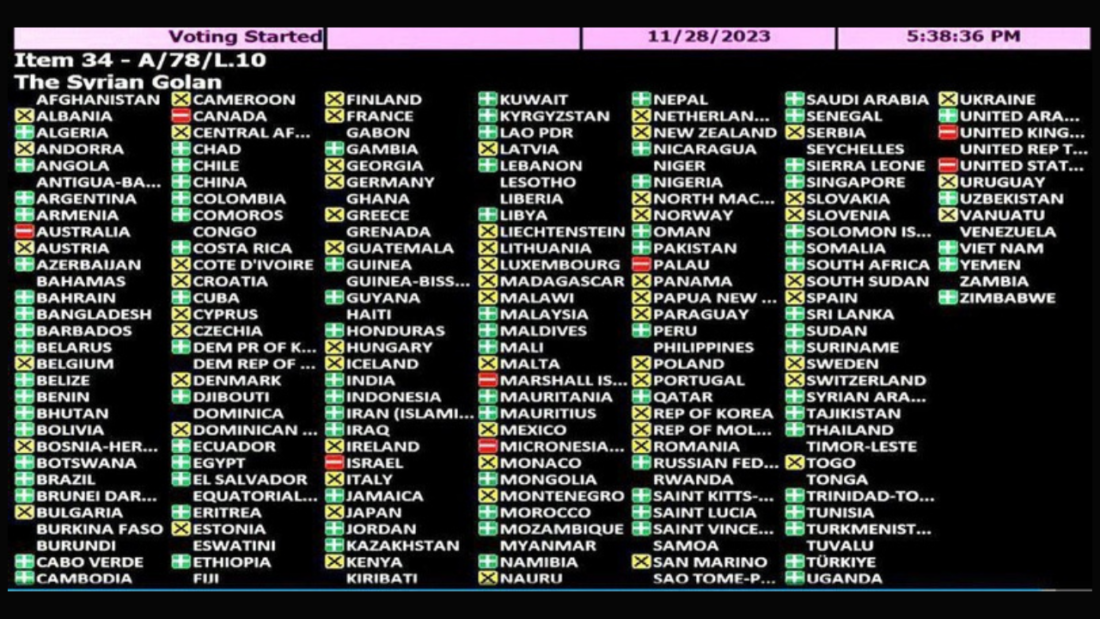
“New mechanisms of enslaving member-states by the Euro zone” by Neoclıs Sylıkıotıs, member of the Polıtıcal Bureau of AKEL, AKEL MEP and Vice-President of GUE/NGL
24th June 2015, Nicosia
 Unemployment, poverty and misery afflicting the peoples of Europe make the search for proposals for breaking away from the Memoranda neoliberal policies of austerity imperative; policies that have dismantled the welfare state, sold out public wealth and deregulated labour relations. The question that arises is whether a country can break from the Memoranda policies and set out a policy for social growth, whilst participating in the Euro zone, a structure with erroneous foundations at the level of management, transparency and function.
Unemployment, poverty and misery afflicting the peoples of Europe make the search for proposals for breaking away from the Memoranda neoliberal policies of austerity imperative; policies that have dismantled the welfare state, sold out public wealth and deregulated labour relations. The question that arises is whether a country can break from the Memoranda policies and set out a policy for social growth, whilst participating in the Euro zone, a structure with erroneous foundations at the level of management, transparency and function.
The example of Greece dramatically confirms that no matter how many efforts may be made, this would be a very difficult task. How can you break away when policies that strengthen relations of dependency are dominant and the charting of a national policy is made impossible?
The suffocating framework for the member states was strengthened particularly after 2008. The revision of the EU Treaty in 2009, the Pact for the Euro, the Economic Governance and European Semester had two key objectives: to hand over more power to the Brussels directorate which takes its decisions in line with the interests of the dominant states and monopolies and secondly, to consolidate in the countries that represent the “weak link” a regime that controls and takes away their sovereignty. That is to say, a new form of colonialism and dependency by the lenders as expressed by capital through the IMF and the banks, but also by its political representatives.
It is therefore demonstrated that the logic of the Euro zone and the character of the European Union aims at perpetuating the neoliberal, more exploitative form of capitalism. It is not accidental that with the two pack of EU legislation, for the Member States to regain part of their lost sovereignty, they must pay off 75% of their debts.
At the same time a new strategy is being prepared which is seeking the creation of a two-tier Euro zone, the enhancement of the coordination of the economic policies of Euro zone countries and the creation of structures in the European Parliament, something like the establishment of a European Parliament for the Euro zone countries in order to ensure that they will implement the tough rules of austerity and adjustment that the hard core of the Euro zone countries will demand. Furthermore, this new strategy provides for the appointment of an all-powerful Euro zone Finance Minister with unlimited powers and the right to reject budgets of countries that do not align themselves with the dogma of neo-liberalism. These elements are analyzed in a plan prepared by Germany and France, which was leaked to the German newspaper “Die Ziet”, but, as reported, will be submitted soon officially.
The so-called “ambitious” plans that were presented on 22nd June by five presidents (Juncker, Tusk, Dijsselbloem, Draghi and Schulz) for the deepening of the European Monetary Union are also moving in the same direction with the establishment of an economic, financial and fiscal union from 1st July and its completion by 2025.
The time has come for the Left parties and movements in Europe to put the issue of the Euro zone and the Euro on the agendas of their discussions, to study together a common position on the future of the Euro zone, to prepare ways of breaking free from the institutions of dependency and to elaborate a strategy for an independent, progressive social policy of growth towards a Europe of solidarity and social justice.
It is equally important to address the public debt that has unjustly been imposed on the peoples through the policies of dependence which are increasing sharply as a result of the Memoranda policies. The decisions taken by the Euro group and the European Central Bank are dramatically exacerbating the public debt and its neoliberal management is leading to a dead end path of recession and crisis. It is imperative that we assert determinedly the reduction of the public debt, either through renegotiating or by cancelling the debt.
The position for convening an all-European conference on tackling the public debt on the model of the cancellation of 50% of West Germany’s debt in 1953 with the London Agreement should be examined. Otherwise no country will be able to exit from the vicious cycle of the crisis and dependence.
In July the Group of the European United Left will be organizing a debate with the participation of distinguished international specialists who have dealt with the issue of the public debt. This is only the beginning of a long struggle for the Left.




